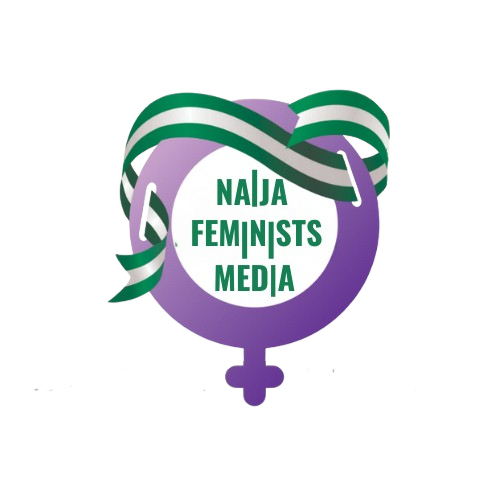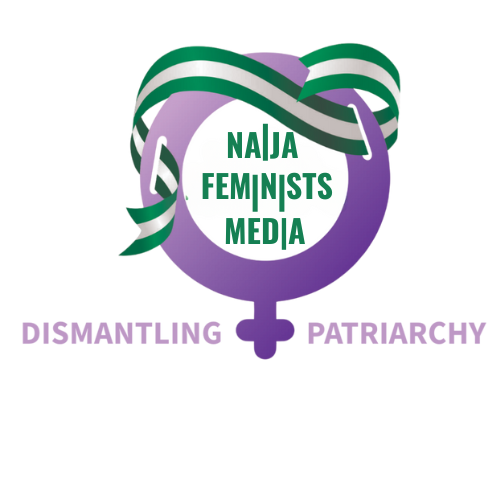Summary
Peace Adzo Medie's novel, “His Only Wife,” tells the story of Afi, a young Ghanaian woman who was deceived into an arranged marriage with Elikem, a wealthy entrepreneur. Her life journey illustrates how society and patriarchal norms devalue women's worth to their wifely duties and marital status.
In “His Only Wife,” Peace Adzo Medie crafts a thought-provoking story that quietly challenges the patriarchal norms associated with marriage while shedding light on the complexities of womanhood in contemporary Ghanaian society. Through the lens of Afi Tekple, the protagonist, the novel offers a poignant exploration of societal expectations, womanhood, female solidarity, and independence. This makes the novel a compelling narrative for a feminist analysis.
The story centres on Afi, a young woman who was deceived into an arranged marriage with Elikem, a wealthy entrepreneur. As Afi navigates her new life in the nation’s city, Accra, Peace spotlights her struggles and the insidious ways societal pressures can shape women’s choices. She exposed the rigid expectations placed on women to prioritise marriage and family over personal ambitions. The novel presents a world where a woman’s value and security are intrinsically tied to her marital status. This is exemplified in Afi’s arranged marriage to Elikem. This marriage was not born out of love but through a complex web of financial obligation and family pressure.
One of the novel’s strengths lies in its beautiful presentation of female relationships. Afi’s interactions with Muna, Elikem’s long-term partner, are particularly striking. Rather than portraying Muna as a villain, she is presented as a complex character navigating her own challenges, ultimately opposing the societal structures that pit women against each other. This presentation invites readers to question the systems that force women to compete for men’s validation and acceptance.
The absurd belief that presents Afi as a solution to Elikem’s obsession with Muna is a male problem and a degrading perspective of womanhood. This action highlights the patriarchal expectation that women must find a solution to men’s problems to be accepted. At the same time, men are allowed to have multiple women to show promiscuity in their masculinity.
Afi’s firm decision to challenge Elikem over his infidelity and demand a divorce is a pure reawakening of feminist traits that challenges the unjust notion that a woman should suffer in silence to maintain a socially recognised, ideal and acceptable marriage. She fought for her right, acknowledging that her self-worth is never dependent on her marital status or a man’s approval. Her growth feels authentic and hopeful, offering a subtle yet powerful commentary on the importance of women’s autonomy.
Ultimately, “His Only Wife” is a powerful novel that invites readers to reflect on the ways societal norms and patriarchal norms constrain women. It’s a testament to Peace’s skill as a storyteller that Afi’s journey is the harsh reality of many rural girls and women who succumb to arranged marriages due to financial constraints.













